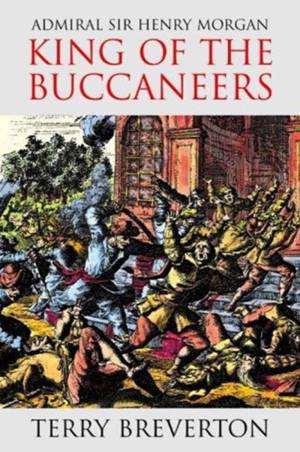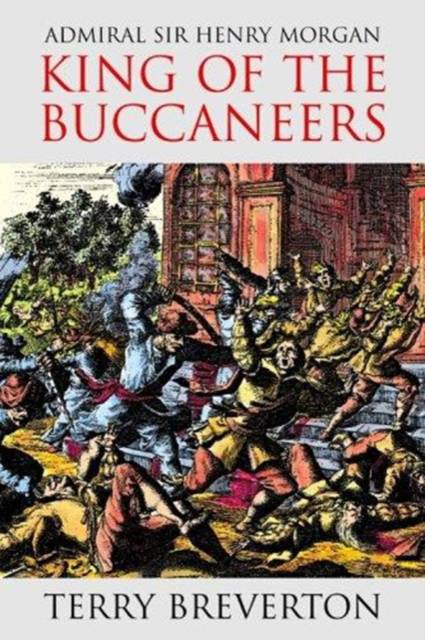
- Retrait gratuit dans votre magasin Club
- 7.000.000 titres dans notre catalogue
- Payer en toute sécurité
- Toujours un magasin près de chez vous
- Retrait gratuit dans votre magasin Club
- 7.000.0000 titres dans notre catalogue
- Payer en toute sécurité
- Toujours un magasin près de chez vous
Description
"Him cheat him friend of him last guinea Him kill both friar and priest, O dear! Him cut de t'roat of piccaninny Bloody, bloody buccaneer!" --old West Indian ballad
This is the swashbuckling biography of the naval officer known as the Sword of England, the Welshman Henry Morgan. Over the years, Morgan came to be portrayed as a black-hearted, fierce pirate. This error in terms and in the assessment of Morganï¿1/2s character led to the filing of the first libel lawsuit, brought in protest to a book published in 1684 claiming he had been an indentured servant, was a pirate, and was responsible for atrocities. In fact, Morgan was commissioned to aid the British navy in fighting enemies of the crown and was a superb military tactician who led a dozen victorious campaigns against massive odds. In 1655, Spain was the greatest naval and military power on earth, and controlled the sea lanes of Central America and the Caribbean. Henry Morgan's career as a buccaneer officially began when, at age twenty, he landed in Barbados as part of a force deployed to capture Cuba or Hispaniola (Puerto Rico) for the British. The deployment failed, but the forces did capture Jamaica, which would become Morgan's adopted home base for the rest of his life. From there, Morgan planned the attacks that would enrich the British throne and usher in the era of British supremacy on the high seas. For his leadership in battle and as lieutenant governor of Jamaica, Admiral Sir Henry Morgan deserves to take his place alongside Sir Francis Drake and the Duke of Wellington in the panoply of history's greatest heroes.
Spécifications
Parties prenantes
- Auteur(s) :
- Editeur:
Contenu
- Nombre de pages :
- 128
- Langue:
- Anglais
Caractéristiques
- EAN:
- 9781589802773
- Date de parution :
- 31-01-05
- Format:
- Livre broché
- Format numérique:
- Trade paperback (VS)
- Dimensions :
- 155 mm x 230 mm
- Poids :
- 204 g

Les avis
Nous publions uniquement les avis qui respectent les conditions requises. Consultez nos conditions pour les avis.






